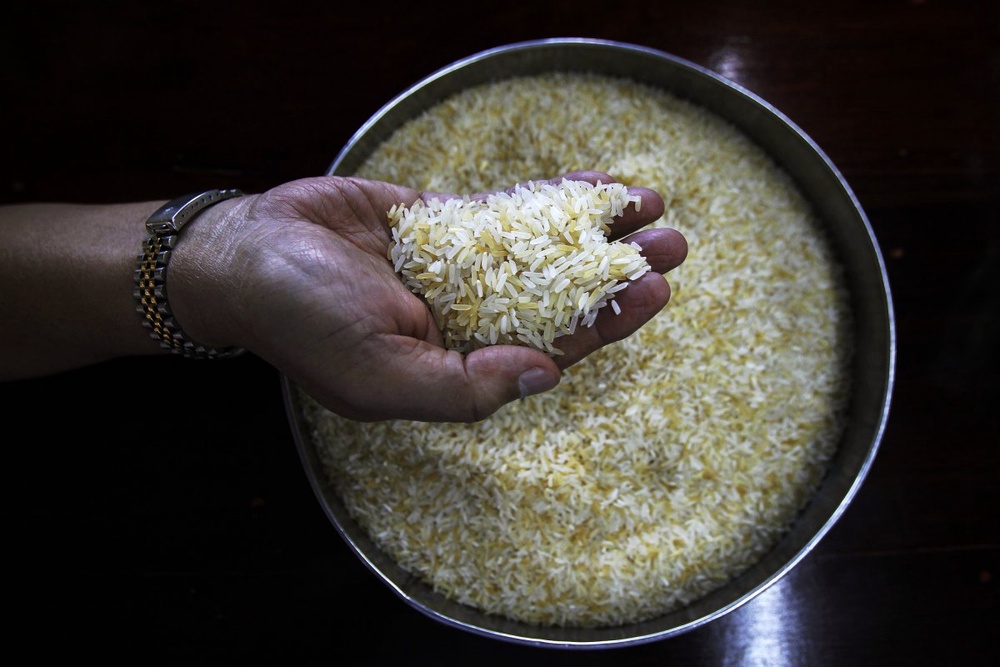
Scientists have successfully bred a rice variety that is salt-tolerant, which could enable farmers to reclaim coastal areas rendered useless by sea water, AFP reports citing a Philippine-based institute. Scientists at the International Rice Research Institute (IRRI) near Manila are in the process of perfecting the salt-tolerant rice before field testing it widely, the agency said. "They hope to have the new variety available to farmers to grow within 4-5 years," IRRI said in a statement. The new variety was bred by crossing an exotic wild rice species found in brackish water with one cultivated at the institute. The result is a "new rice line that can expel salt it takes from the soil into the air through salt glands it has on its leaves", the statement said. "This will make saline stricken rice farms in coastal areas usable to farmers," said lead scientist Kshirod Jena. "These farmlands are usually abandoned by coastal farmers because the encroaching seawater has rendered the soil useless." Rice is considered one of three major domesticated crops that feed the world, along with wheat and corn, and scientists have been continuously looking to develop new varieties to increase production.





Scientists have successfully bred a rice variety that is salt-tolerant, which could enable farmers to reclaim coastal areas rendered useless by sea water, AFP reports citing a Philippine-based institute.
Scientists at the International Rice Research Institute (IRRI) near Manila are in the process of perfecting the salt-tolerant rice before field testing it widely, the agency said.
"They hope to have the new variety available to farmers to grow within 4-5 years," IRRI said in a statement.
The new variety was bred by crossing an exotic wild rice species found in brackish water with one cultivated at the institute.
The result is a "new rice line that can expel salt it takes from the soil into the air through salt glands it has on its leaves", the statement said.
"This will make saline stricken rice farms in coastal areas usable to farmers," said lead scientist Kshirod Jena.
"These farmlands are usually abandoned by coastal farmers because the encroaching seawater has rendered the soil useless."
Rice is considered one of three major domesticated crops that feed the world, along with wheat and corn, and scientists have been continuously looking to develop new varieties to increase production.


 +7 (777) 001 44 99
+7 (777) 001 44 99















































